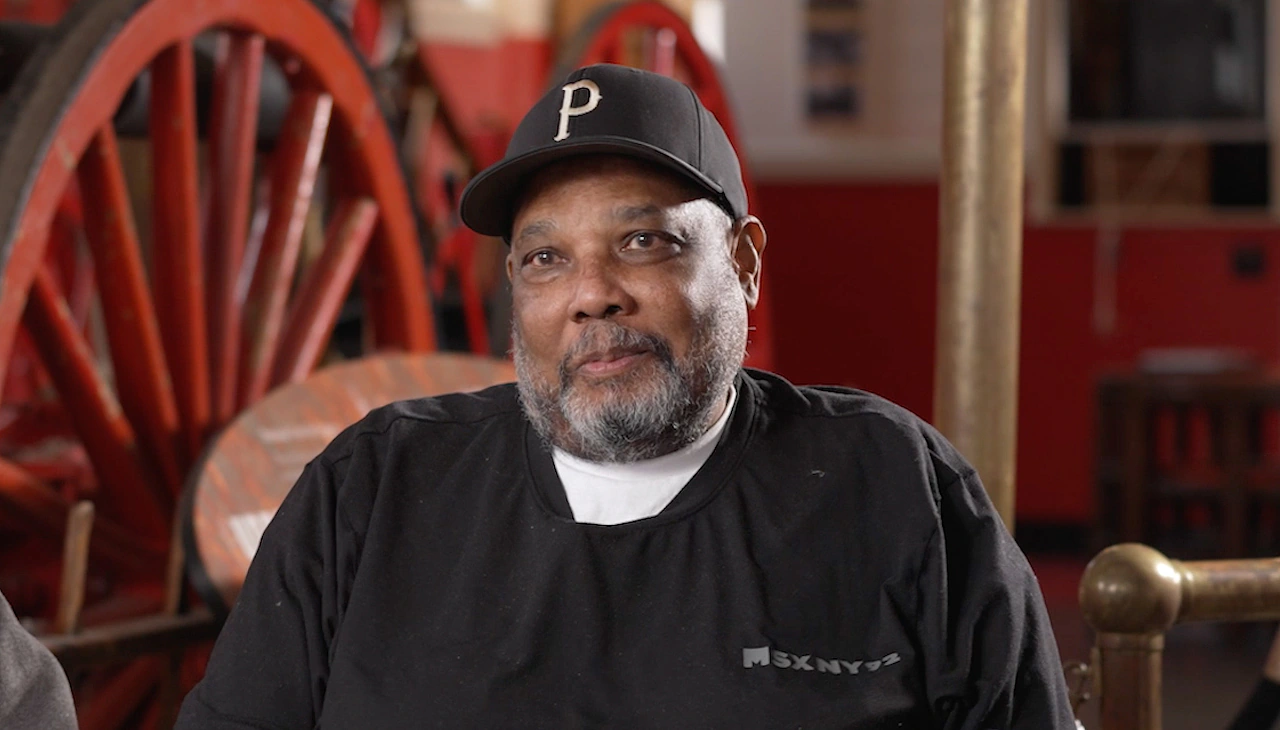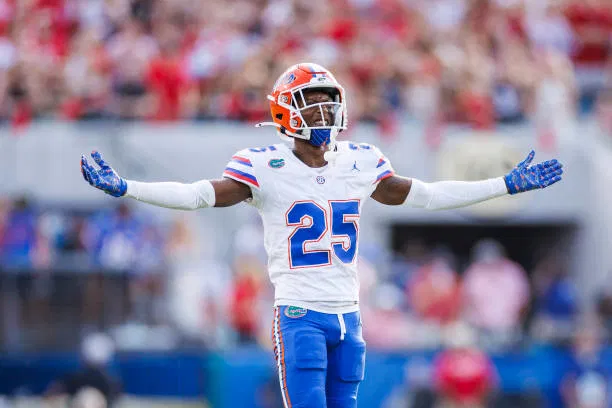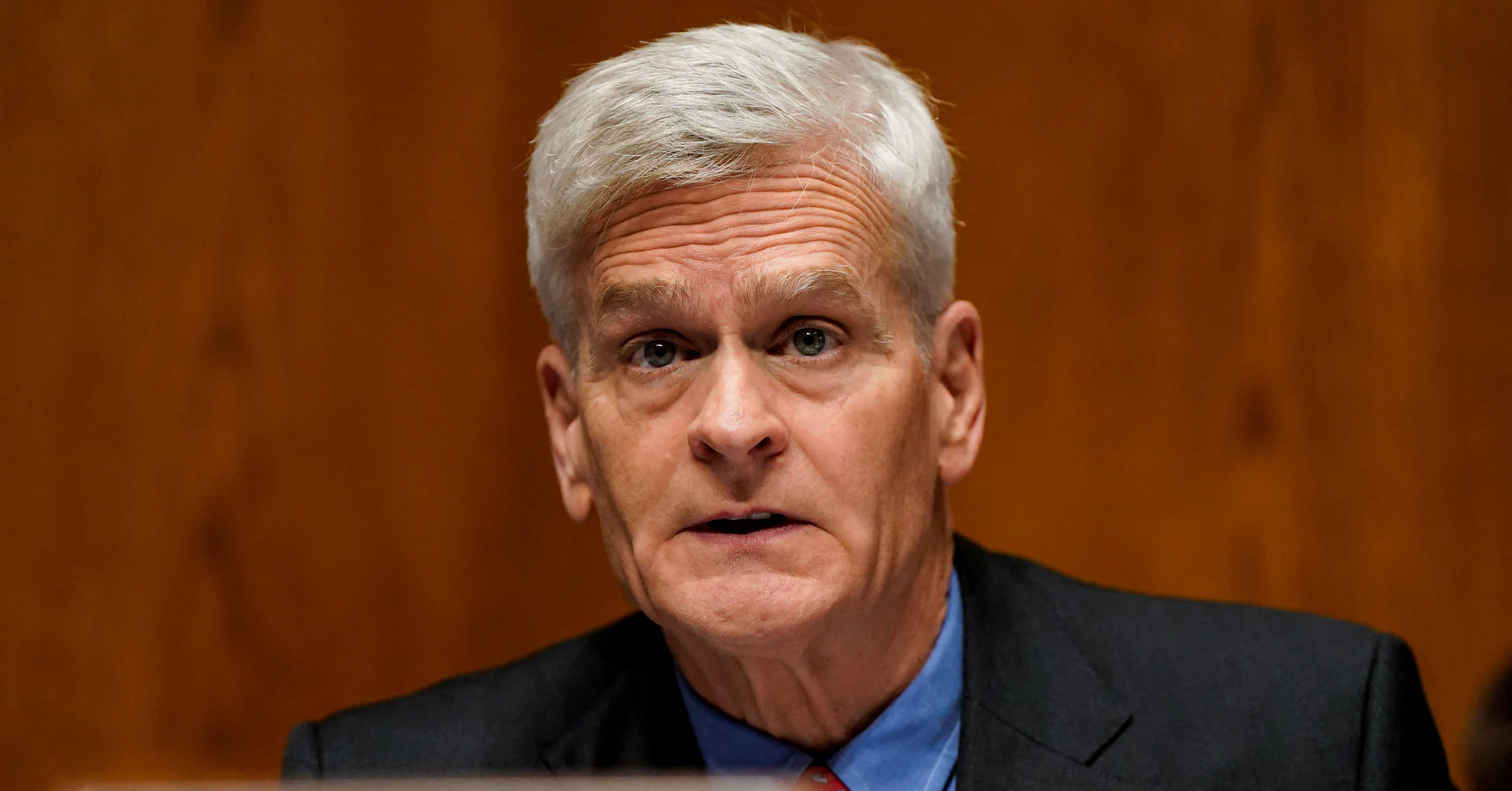‘He really broke down barriers’: Trailblazing Portland firefighter and recruiter Erwin Warren dies at 72

Portland firefighter Erwin Warren was a humble man.
So much so that his son, Dontá Warren, didn’t learn of his father’s ribbon of merit — or that a summer camp for kids interested in firefighting was named after him — until after his father died on Sept. 3 at age 72.
The cause of death was a heart attack, his family said.
Erwin Warren first made his mark fighting heavy structural fires in Northwest Portland early in his career. He then rose through the ranks, becoming a trainer and recruiter.
He created an apprenticeship program to attract promising firefighting recruits who were women and people of color, and his recruitment efforts landed multiple applicants who would go on to become fire chiefs, including Sara Boone and AJ Jackson.
“I definitely would not be in a position to have been chief of the bureau had it not been for my brothers and sisters within the fire department – and especially Erwin,” Boone told The Oregonian/OregonLive.
Boone was the Fire Bureau’s chief from 2019 to 2023, when she retired as the first Black leader of the bureau in its 142-year existence.
Former interim fire chief AJ Jackson said Warren’s efforts also benefitted her.
“He took it upon himself to be that person that was willing to greet and welcome somebody into the Fire Bureau and make them feel like they belonged, that they had every right to be here and to believe in themselves,” she said.
It took Warren a while to figure out where he belonged.
He graduated from the now-defunct John Adams High School in Northeast Portland in the early 1970s and wanted to go to college, said his granddaughter, Tahjamare Fogoel. But his girlfriend — and future wife, Deborah — got pregnant, and so he turned to finding a job to support them, Fogoel said.
Warren did entry-level work, trying to figure out what was right for him. He soon realized he wanted to serve his community, and he became fascinated by firefighting.
Warren joined Portland Fire & Rescue in 1976, at age 23, taking part in a recruitment program for economically disadvantaged Americans funded by the federal Comprehensive Education and Training Act of 1973.
At the time, the Portland Fire Bureau, like most fire departments across the country, was overwhelmingly white and male, with recruitment drawing from a limited pool of applicants that reinforced the bureau’s uniformity and insularity — and, arguably, held back innovation.
Warren was among a small group of people of color to come into the Fire Bureau, said Bill Kendrix, who joined Portland Fire in 1974.
“It was very difficult for a lot of us,” Kendrix said. “A lot of things were different then within the fire department. A lot of folks experienced racism.”
Kendrix added that at the time he joined up with the Portland Fire, all but 16 firefighters in the bureau were white.
In the late ’70s, Warren found himself posted to Station 3 in downtown Portland, where he excelled as a front-line firefighter, showcasing a gift for navigating burning buildings — sometimes filled with smoke so thick it was impossible for him to see his own hand in front of his face.
Brad Martin, a retired firefighter who worked with Warren, remembered in 1991 when their crew breached the lobby of the burning Victorian Inn on West Burnside and were met with a wall of smoke.
They tried to make their way down a narrow flight of stairs to the basement where the fire raged, but they faced oppressive heat and toxic gases flooding up the staircase. It felt like they were trying to go down a chimney, Martin recalled.
Warren told him, “‘This is not working; let’s try a different plan of attack,’” Martin said. “He saved my bacon.”
Martin said that Warren, known for his quick thinking in stressful situations, found an alternative way to reach the blaze that was safer, allowing the crew to carry out the job unscathed.
In 1994, Warren moved into the bureau’s training division, where he was tasked with finding and mentoring the next generation of Portland firefighters.
By that time, the federal funding for the apprenticeship program that kickstarted Warren’s career had run dry, and Warren and other Black firefighters were concerned about the bureau’s ability and commitment to continue finding talent beyond traditional channels.
They made the case that the Fire Bureau should fund a similar program that would pay promising would-be firefighters to learn the basics of the job before they were formally hired. The brass signed on to the idea, and in the mid-90s the new apprenticeship program was up and running.
“I was one of the people that he recruited, so he was instrumental in getting me started,” said retired Lt. Neil Martin, who was part of the program’s first class in 1995. “I think he was such a great person to have in that role because he really broke down barriers.”
Martin said that Warren was a mentor, coach and cheerleader for all the trainees who crossed his path — regardless of their background.
“Erwin helped everyone who needed it,” he said. “He helped anyone who asked, and he helped them with the same vigor.”
Though Warren dedicated much of his career to recruitment and training, he always remained a firefighter.
Martin said he remembers Warren’s calming influence during high-adrenaline calls. Early in Martin’s career, after he saw the aftermath of a car crash that killed an 11-year-old boy, he talked to Warren about the difficulty of witnessing such horror.
Warren was understanding — and he had a straightforward, positive response, Martin said.
“He was, like, you’re going to see a lot more of those, Neil,” Martin said. “That’s why you’re here. You wanted to be a fireman, so you have that in you that you can handle it.”
Throughout his career, Warren saw dozens of similar tragedies. They no doubt affected him, but he never let on to his family until after his kids were adults, his son Dontá Warren said.
He was a benevolent, welcoming presence not just in the home but in his wider community, known for his passion for cooking – especially barbecued ribs and homemade clam chowder, Dontá Warren said.
His and his brother’s friends “all looked at him as a father figure,” he added.
He is survived by his wife, Deborah, two sons and four grandchildren.
Warren retired from the Fire Bureau in 2006, though he returned on multiple occasions to help with recruitment, fire spokesperson Rick Graves said. In 2024, the Erwin Warren Friends Fire training camp was named in his honor.
For 53-year-old Dontá, Erwin Warren was Dad, and his impact on the family and their neighborhood was profound. But he said that when his father died earlier this month he began to truly realize just how much his father did for the Portland firefighting community as well.
“So many people have called and written,” he said.
His father took a lot of pride in his service “and helping others who didn’t even think they could be firefighters,” he added.
A funeral service for Warren, open to the public, will be held Monday at 11 a.m. at Mt. Olivet Baptist Church at 8501 North Chautauqua Boulevard, in Portland.



